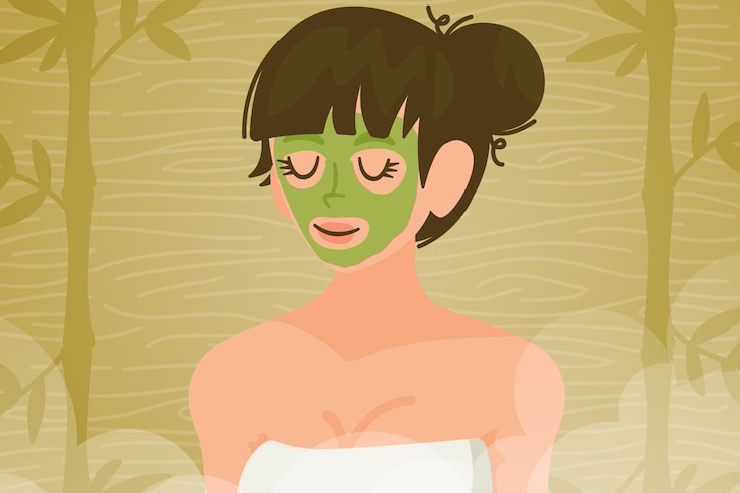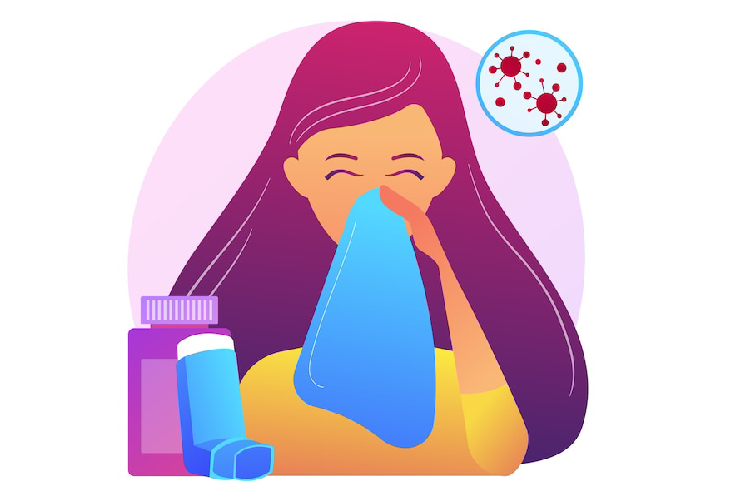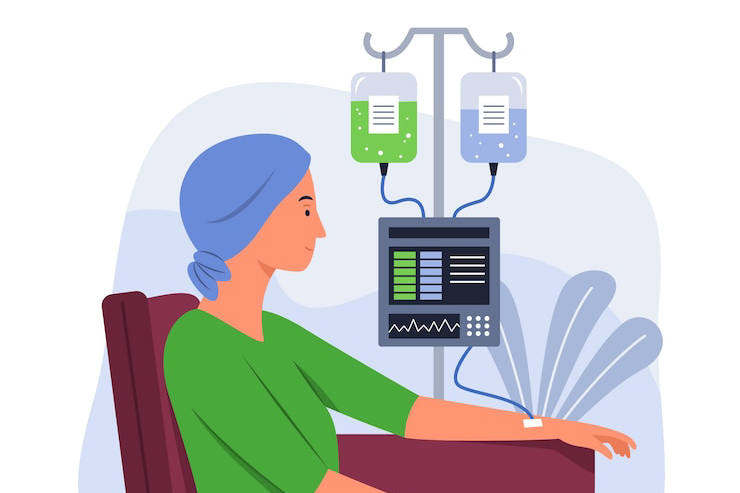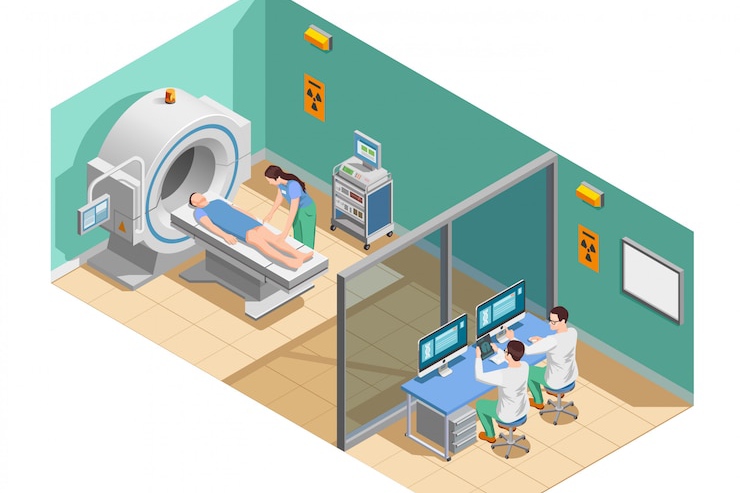
Skin and Venereal Health: Simple Habits for Long-Term Wellness
When it comes to maintaining overall health, skin and venereal health often take center stage. Our skin acts as the body's first line of defense against the outside world, while venereal health plays a crucial role in our overall well-being and quality of life. Adopting simple, daily habits can significantly improve and protect these areas of health, ensuring long-term wellness.
1. Daily Skin Care Routine
A proper skincare routine doesn’t have to be complicated. With a few key steps, you can help your skin stay clear, moisturized, and healthy:
- Cleansing: Wash your face and body with a gentle cleanser that suits your skin type. Over-cleansing can strip the skin of natural oils, so aim for twice a day: morning and night.
- Moisturizing: Keep your skin hydrated with a good moisturizer. This helps maintain the skin’s barrier and prevents dryness, which can lead to irritation and premature aging.
- Sun Protection: Protect your skin from harmful UV rays by applying sunscreen daily. UV radiation is one of the leading causes of skin aging and skin cancer. Use broad-spectrum sunscreen with at least SPF 30, even on cloudy days.
2. Balanced Diet for Healthy Skin
What you eat plays a significant role in your skin health. A diet rich in vitamins, antioxidants, and healthy fats can improve skin texture and prevent issues like acne or dry skin:
- Hydration: Drink plenty of water throughout the day to keep your skin hydrated and flush out toxins.
- Antioxidants: Foods rich in antioxidants, like fruits and vegetables, can protect the skin from environmental damage. Berries, leafy greens, and nuts are great choices.
- Healthy Fats: Omega-3 fatty acids found in fish, seeds, and nuts help maintain the skin's lipid barrier, keeping it soft and flexible.
3. Healthy Habits for Venereal Health
Venereal health refers to the health of the reproductive organs and is closely tied to sexual health. Good habits here are crucial for long-term wellness and disease prevention:
- Safe Sex Practices: Use protection during sexual activity to reduce the risk of sexually transmitted infections (STIs). Condoms are the most effective barrier against many STIs, including HIV, chlamydia, and gonorrhea.
- Regular Checkups: Routine visits to a healthcare provider for STI screenings are important, especially if you're sexually active. Early detection of STIs can prevent complications and long-term health issues.
- Communication: Be open and honest with your sexual partner(s) about your sexual health and history. This can help build trust and ensure both of you take the necessary precautions.
4. Avoiding Harmful Substances
Toxins and harmful substances can negatively affect both skin and venereal health:
- Quit Smoking: Smoking reduces blood flow to the skin, leading to wrinkles and a dull complexion. It also weakens the immune system, making you more susceptible to infections, including STIs.
- Limit Alcohol Consumption: Excessive drinking can impair the body’s ability to heal and rejuvenate. It also affects the skin’s appearance by dehydrating the body and increasing inflammation.
- Manage Stress: Chronic stress can take a toll on your skin, causing flare-ups of conditions like acne and eczema. Stress can also disrupt your hormonal balance, impacting your venereal health.
5. Exercise Regularly
Exercise is essential for both skin and venereal health. Regular physical activity improves circulation, which helps deliver nutrients to your skin, keeping it youthful and radiant. It also promotes overall health, reducing your risk of conditions like obesity and high blood pressure that can negatively affect both skin and venereal systems.
- Sweat it Out: Exercise helps flush out toxins through sweat. Just remember to shower after a workout to prevent sweat from clogging your pores and causing skin irritation.
- Improved Blood Flow: Regular exercise boosts blood circulation, delivering oxygen and nutrients to your skin, promoting healing, and enhancing its glow.
6. Get Enough Sleep
Sleep is essential for recovery and rejuvenation, especially when it comes to skin health. During sleep, the body repairs cells and tissues, and this includes the skin. Poor sleep habits can lead to issues like dark circles under the eyes, dull skin, and premature wrinkles.
- Sleep for Skin Repair: Aim for 7-9 hours of sleep each night to allow your skin time to repair and regenerate.
- Hormonal Balance: Sleep also helps regulate hormones that can impact your venereal health, including stress hormones that can affect libido and sexual function.
7. Know Your Skin and Body
Everyone’s skin and body are different, so it’s important to understand your unique needs:
- Skin Type: Determine your skin type (oily, dry, combination, or sensitive) and choose skincare products that work best for you. Pay attention to how your skin reacts to certain ingredients and adjust accordingly.
- Monitor Changes: Be aware of any changes in your skin or reproductive health, such as rashes, unusual pimples, or changes in discharge. If you notice anything out of the ordinary, seek medical advice promptly. Early intervention is key to preventing more serious issues down the line.
Conclusion
Simple, consistent habits can go a long way in maintaining both skin and venereal health. By following a proper skincare routine, eating a balanced diet, practicing safe sex, and managing lifestyle factors like stress, sleep, and exercise, you can enjoy long-term wellness. Remember, your skin and reproductive health are interconnected, and taking care of one often supports the other. Incorporate these habits into your daily life for lasting benefits, and consult your healthcare provider if you have any concerns along the way. Your body will thank you for it!


